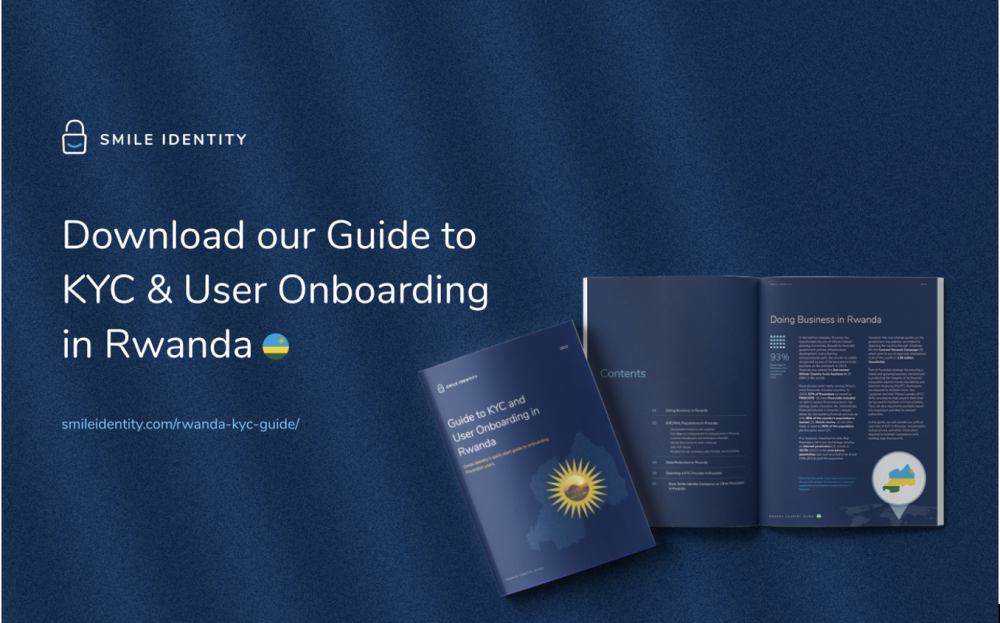

Over the last few years, Rwanda has emerged as a challenger to Kenya’s title as the home of technology innovation in East Africa. The government’s efforts to create an encouraging environment for African businesses and talents appear to yield results. In 2019, Rwanda was ranked the second easiest African country to do business in.
Attracted by the favourable business climate and political stability, Rwanda has become a popular destination for the continent’s finest talents and startups. Payday and AltSchool, two of Africa’s fastest-growing startups, chose Rwanda as their headquarters instead of Nigeria, where the founders were originally from. It has also become a favoured destination for startups looking to expand into Anglophone markets on the continent.
For startups headquartered in Rwanda or expanding there, keeping up with the local anti-money laundering and counter-terrorism financing rules is essential. Part of Rwanda’s strategy for ensuring a stable and growing business environment is protecting the integrity of its financial ecosystem against money laundering and terrorism financing (ML/FT). As a member of the FAFT-styled regional body, Rwanda has committed to regulating the financial activities of individuals and organisations within its jurisdiction to ensure compliance with international AML/CFT standards.
Accordingly, Rwandan businesses must institute Know Your Customer and Anti Money Laundry (KYC/AML) procedures that prevent them from being used to facilitate criminal activities. They are also required to report any suspicious activities to relevant authorities promptly.
Choosing a KYC partner in Rwanda to help onboard users can be tricky as startups have to wade through a long list of businesses that offer customer verification services. However, Smile Identity, Africa’s leading customer verification and KYC technology provider, has put together a guide to help businesses navigate KYC compliance in the country.
The guide contains information on Rwanda’s KYC regime, including customer due diligence requirements, acceptable ID documents, AML/PEP requirements, and data protection requirements. Some of the tips for choosing a partner from the guide include:

